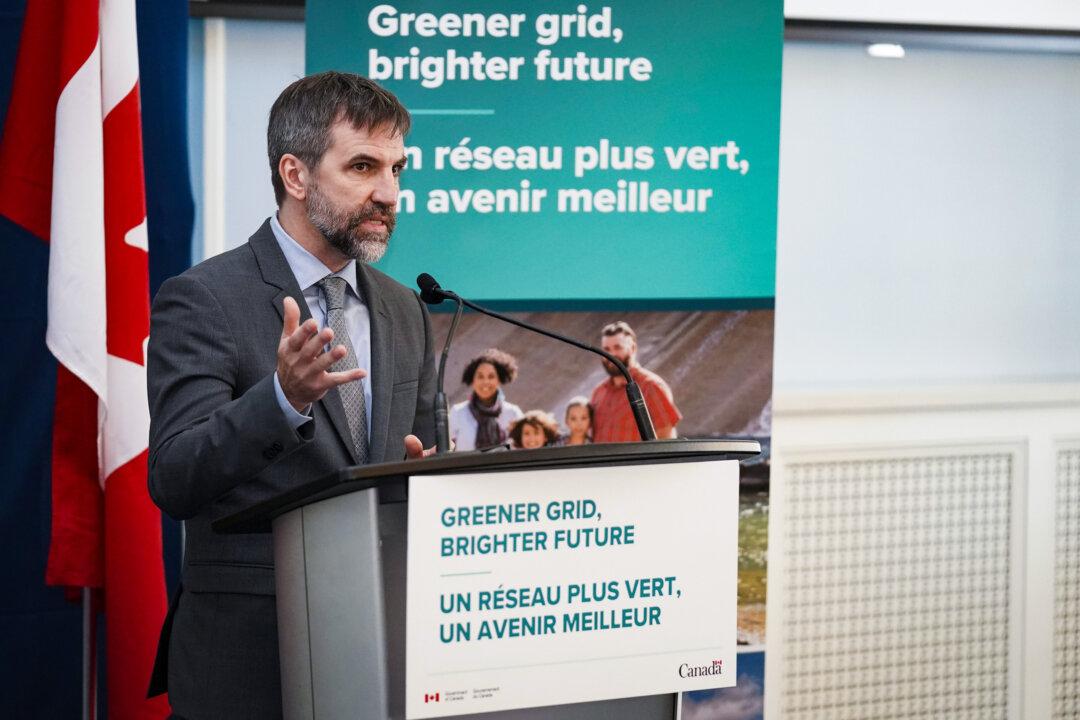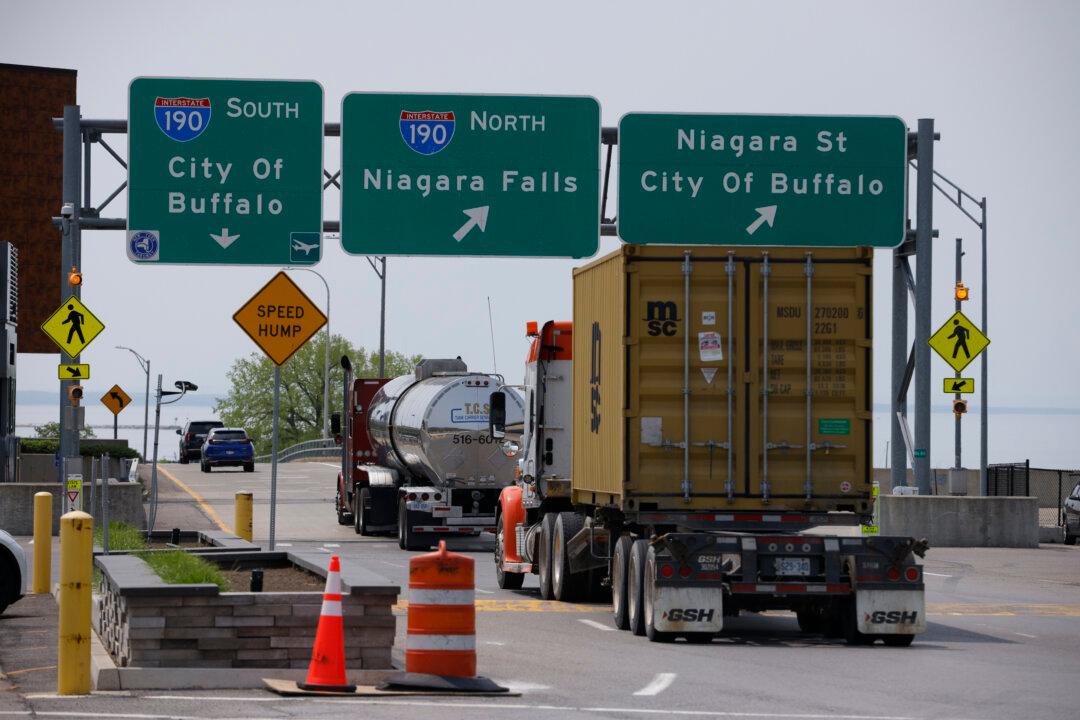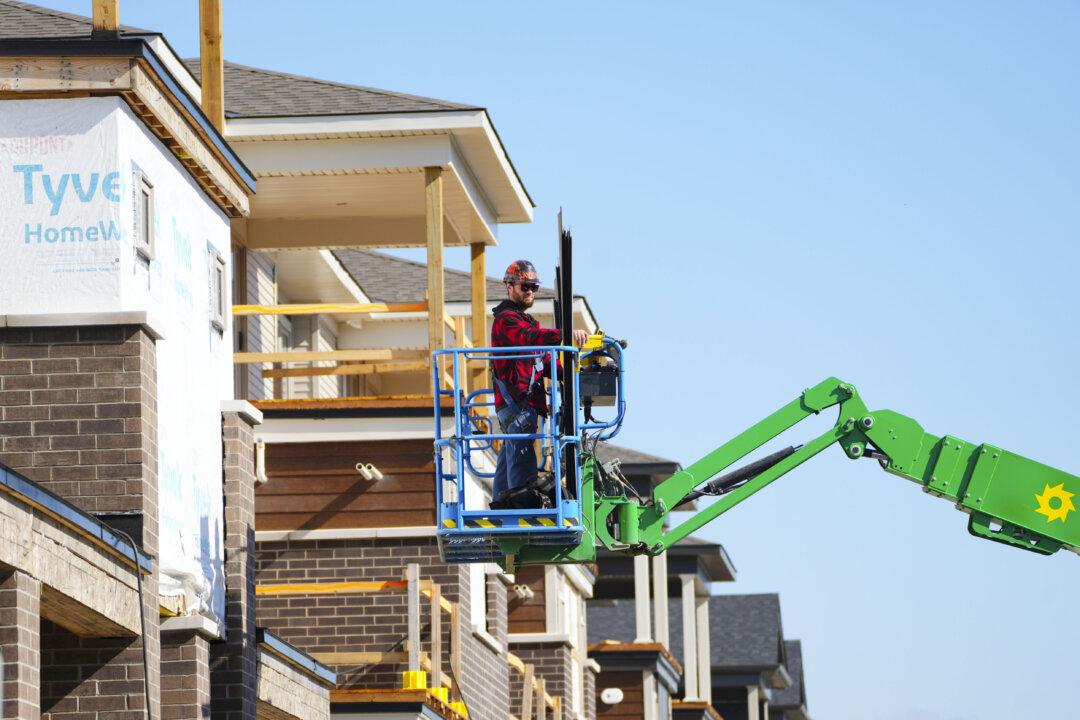While Prime Minister Justin Trudeau has rightly been criticized for going overboard with climate activism zealotry, Environment and Climate Change Minister Steven Guilbeauilt’s latest remarks on climate, electric vehicles, and public roads are on a totally different level.
As Calgary Herald columnist Don Braid put it, Guilbeault’s remarks are “so far out on the crazy edge of climate activism that it was easy to confuse his own Twitter account with the one that parodies him every day.”





